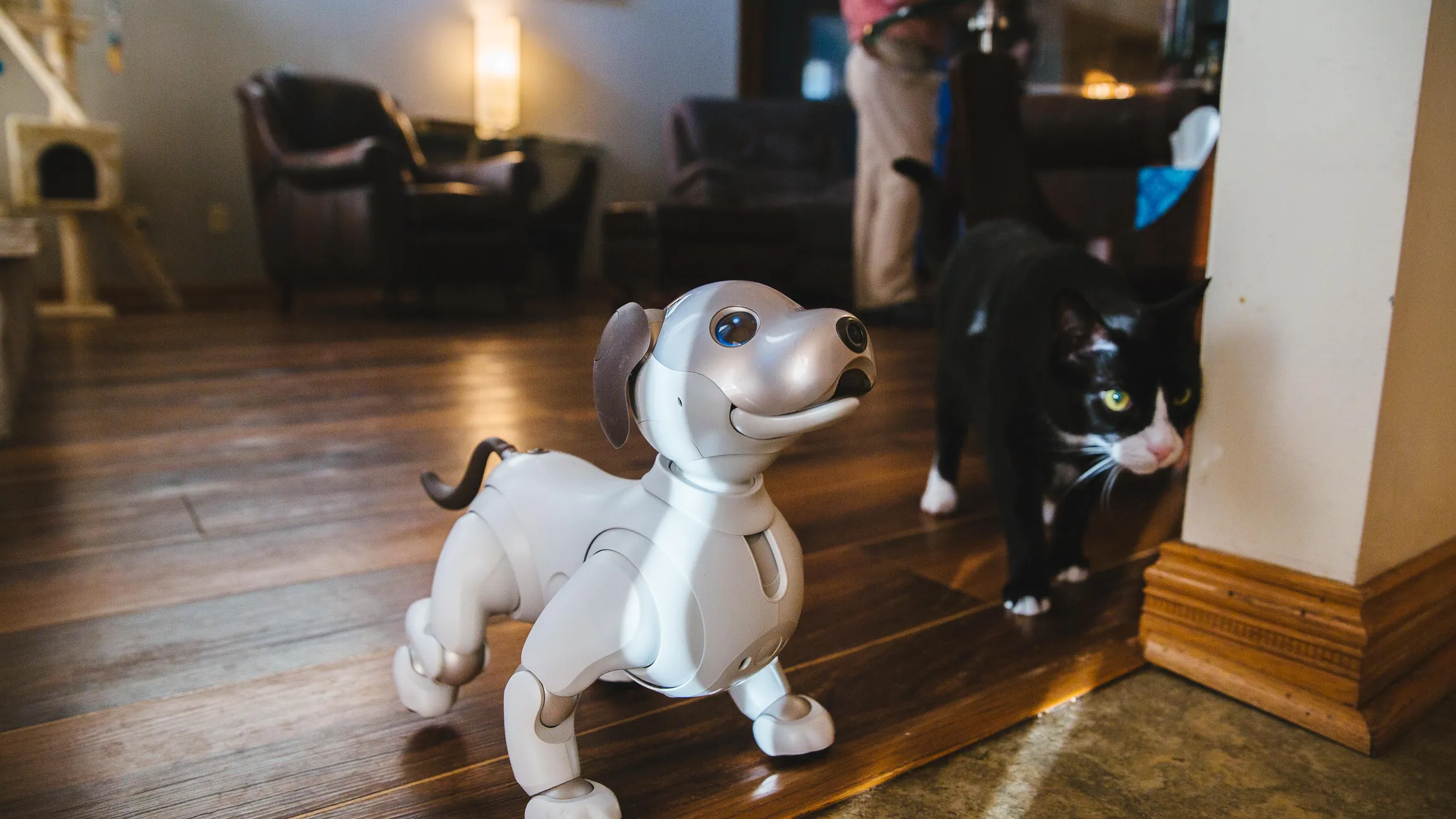By: Samuel Guo
The use of robot dogs in various fields, including law enforcement and surveillance, is becoming increasingly popular. However, these machines may pose a significant threat to civilian privacy. They are equipped with advanced sensors and cameras. With these tools, robot dogs can capture and record detailed information about their surroundings, including images of people’s faces, license plates, and conversations. This data, if misused, could be used to track and monitor individuals without their knowledge or consent. Donna Lieberman, executive director of the New York Civil Liberties Union, told the New York Times: “That doesn’t eliminate the need for transparency about this and other technologies that may have the capacity to engage in massive surveillance and routinely collect massive amounts of private personal data on millions of New Yorkers.”
Furthermore, the lack of ethical and legal frameworks governing the use of these machines raises questions about accountability and transparency. As such, it is essential to establish clear guidelines and regulations for their use and ensure that data collected by robot dogs is subject to strict privacy laws and not used to infringe on the rights of individuals. If robot dogs were to collect personal information about people without their knowledge or consent, it could be a significant breach of privacy. Personal information could include data such as names, addresses, phone numbers, and emails. Furthermore, if this information were to fall into the wrong hands, it could lead to identity theft, financial fraud, or other types of criminal activity. Additionally, if the robot dogs were programmed to manipulate or influence their owners based on their personal information, it could have serious ethical implications.
Professor Noel Sharkey, a renowned expert in artificial intelligence and robotics says, “The danger with robots is that they can’t tell right from wrong. If they are designed to kill, they will do it without conscience. If robots are designed for surveillance, they could be spying on people without their knowledge or consent. We need to be very careful about the uses of these machines.”











